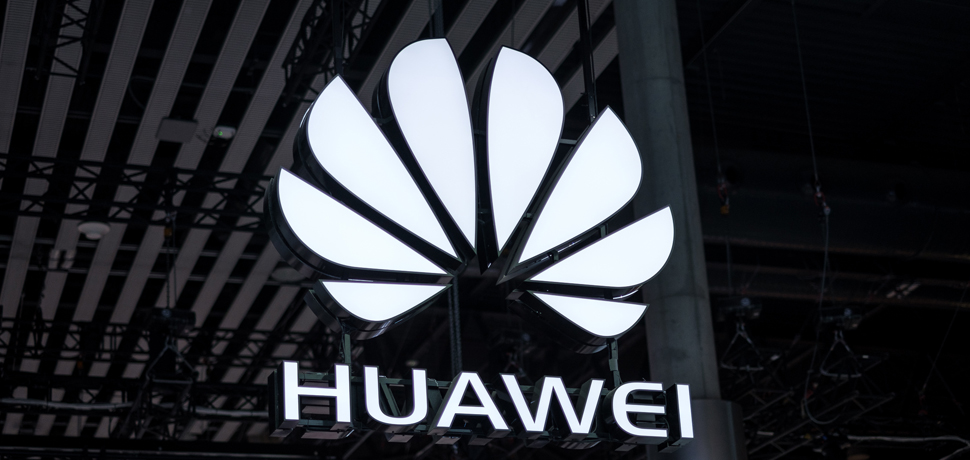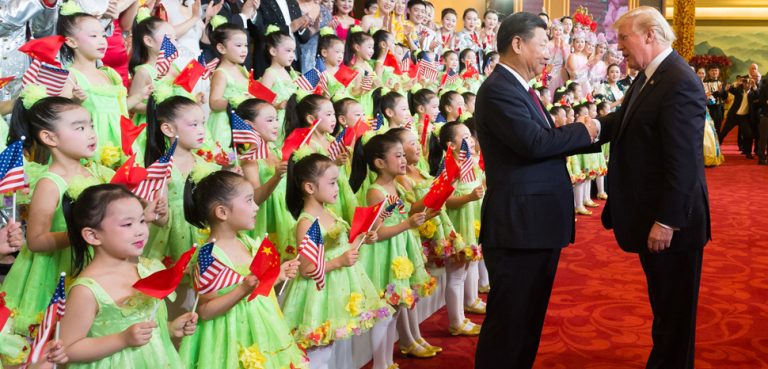Congratulations, Huawei. You’re now a household name in Western markets.
Such brand recognition would normally be cause for celebration for Huawai execs, if not for the fact that the company is trending for all the wrong reasons. It wasn’t a novel feature or phone model that incepted Huawei into the minds of Western consumers, but the spectre of a pocket-sized Trojan horse vacuuming up your personal data and dumping it back to the Communist Party of China (CCP).
The threat of Huawei, or any other Chinese tech giant, allowing its technology to be used in espionage activities is now being carefully assessed by governments and intelligence agencies around the world. The United States is leading the charge on banning Huawei in its national 5G network. Countries like Australia and New Zealand have followed suit; Germany and the United Kingdom have veered from the US line, allowing Huawei to participate in national 5G networks; and Canada has yet to make its final decision.
For the most part, these national security debates have centered around the question of whether or not Huawei is compelled by Chinese law to help the CCP in its spying activities.
But that’s not the question we should be asking.
To do so assumes a false equivalence between Western-style liberalism and the Chinese system. The two systems are not the same, and Chinese officials are usually the first ones to tell you so, unless of course it’s in the Party’s interests to nurture illusions to the contrary.
The Huawei saga is definitely one of those cases, and we’re seeing a proliferation of state-sponsored opinions in the English-language media space, all trumpeting that Chinese law as-is doesn’t compel the country’s tech giants to spy. After all, they argue, doesn’t the Patriot Act make similar demands of US companies on national security grounds?
But the legal debates miss the forest for the trees, and sometimes intentionally. For one they ignore the ground-level realities of operating in China, where Huawei’s ongoing commercial success depends above all on maintaining the Party’s favor. The company has a Party committee embedded at the highest levels of its management structure. And its worldwide employees are at risk of being plied into acts of espionage by offshoots of the CCP united front bureaucracy, which can dangle rewards or threaten retaliation, even against family members back in China.
These extralegal considerations won’t show up on any court record, and they surely aren’t unique to Huawei. Rather they are the cost of doing business in China. And when it comes time to assess the potential role for Chinese companies in our critical national infrastructure, we ignore them at our own peril.
Focusing on the letter of the law is equally problematic because, to borrow a Maoism, the law remains a paper tiger in China. Far from being the highest authority in the land, it is a reference guide to be adhered to only in the absence of powerful intervening interests. Its substance can change arbitrarily, and its enforcement is buttressed by neither an independent judiciary nor a free and fair media.
Thousands of Chinese activists and lawyers can personally attest to this. And it’s not at all uncommon for a lawyer to simply disappear for doing their job. But we’ve been hearing about such cases for decades now and, though the drum beat of human rights abuses drones on, its sound is increasingly falling on deaf ears in the West.
So perhaps a recent example is in order to demonstrate how the law can sometimes work in China, and how it’s not only political undesirables doing the vanishing.
Consider the story of Zhao Faqi, an entrepreneur who sought legal recourse after a coal exploration contract was arbitrarily terminated by local authorities. In 2017, his case made it all the way to the Supreme People’s Court, which ruled in favor of Zhao. However, local officials in Yulin simply refused to implement the verdict, presumably because it would encroach on the economic interests of some other well-connected individual or bureaucracy that had pounced on the lucrative land in question.
The dispute might have ended there if not for a popular former talk show host named Cui Yongyuan taking up Zhao’s cause. Cui interviewed one of the supreme court judges, Wang Liqing, who claimed that another judge had pressured his peers to rule against Zhao, and that records from the case had secretly been removed from the office following the verdict. After Cui shared excerpts from the interview with his 20 million followers on a Chinese social media network, Party investigators announced that they would conduct an official high-level inquiry into the Court’s actions.
Then the axe fell.
The inquiry concluded that Judge Wang himself stole the files. His reason for this senseless act of career suicide? According to the official report it was because he was angry at his superiors for having to work overtime. But in truth, it’s more likely punishment for coming out publically against the Party line. Wang was subsequently made to read a scripted confession on television, in which he apologized for swindling the well-meaning hearts of China’s internet users. He is now facing prison time. Zhao, the entrepreneur, has either gone into hiding or been disappeared, and Cui has gone silent, with speculation rife that he too might be punished for his role in the affair.
The moral of the Zhao Faqi story is that, despite the commendable efforts of many Chinese citizens to advance the rule of law in their country, it’s still the Party that steps in to mete out final justice whenever its core interests are at stake.
Thus, to bring it back to the Huawei debate, does it matter what the law says when we’re talking about an unabashedly illiberal, authoritarian system?
There are better questions that we could be asking to assess the risks of Chinese tech giants building our critical telecommunications infrastructure. For example: What are the core interests of the Communist Party of China, and do they represent a threat to Canadian democracy? How could data from 5G networks be used for espionage? Is it possible to mitigate any of these risks?
Finally, there’s the question of reciprocity, an idea that is far too often overlooked in a global economy characterized by the interplay between liberalized and statist economies: Would China let a Western company build its critical telecommunications infrastructure?
So far the answer has been an emphatic ‘no’ and, ironically enough, Beijing’s oft-cited justification is national security grounds.
They may be onto something there.
**This editorial was originally published on April 29, 2019.
The views expressed in this article are those of the authors alone and do not necessarily reflect those of Geopoliticalmonitor.com or any institutions with which the authors are associated.




